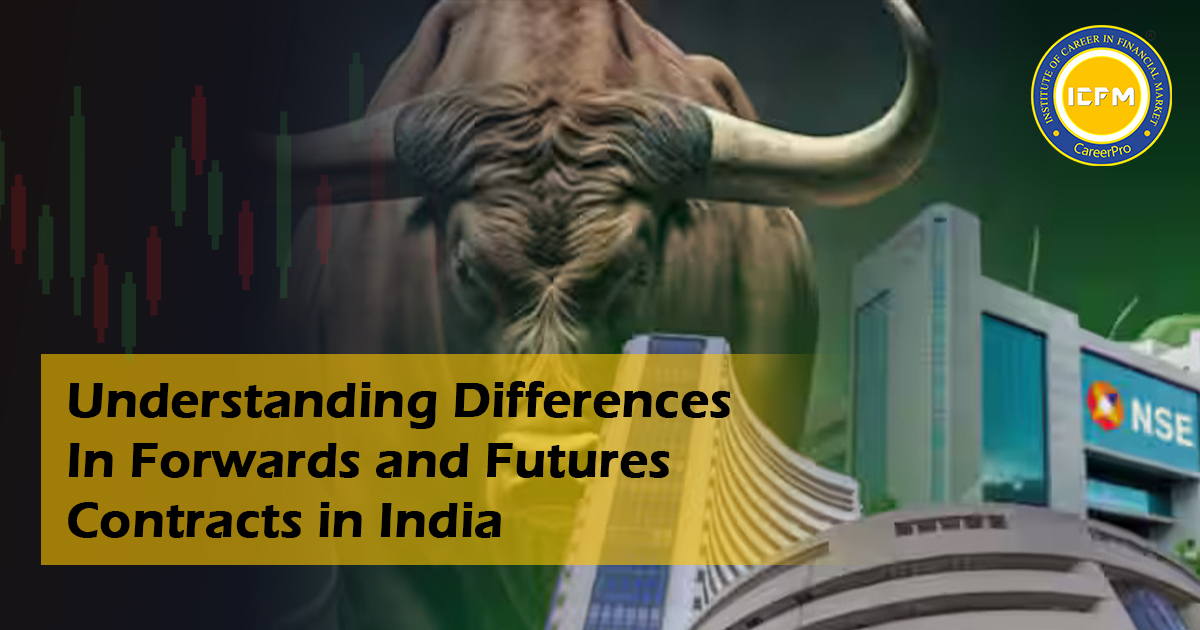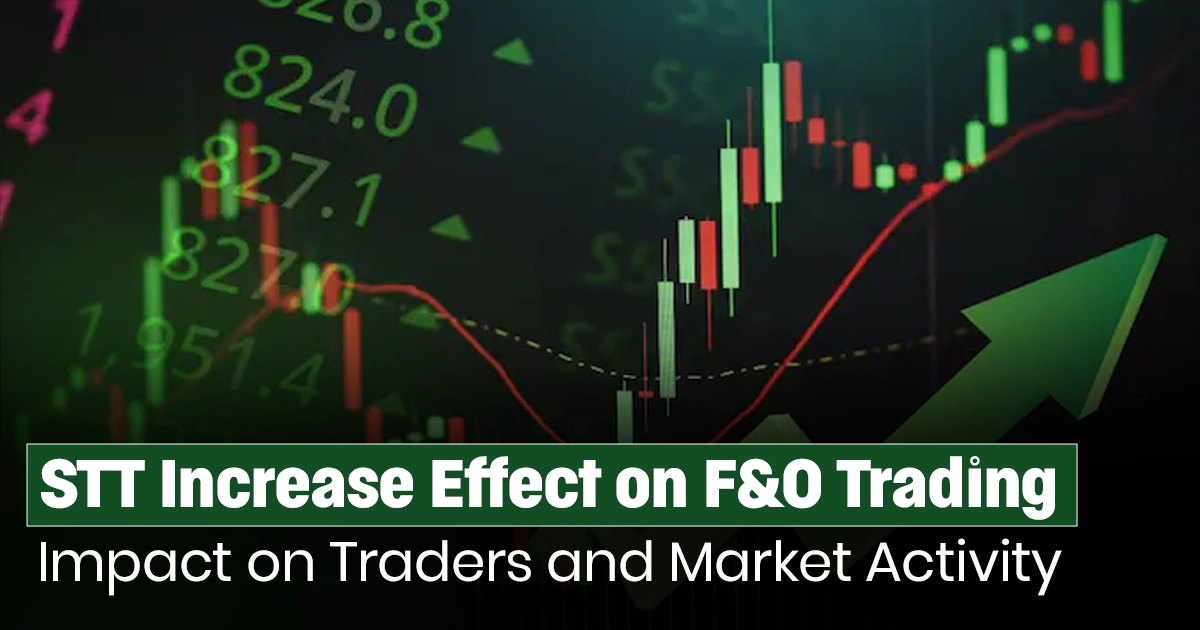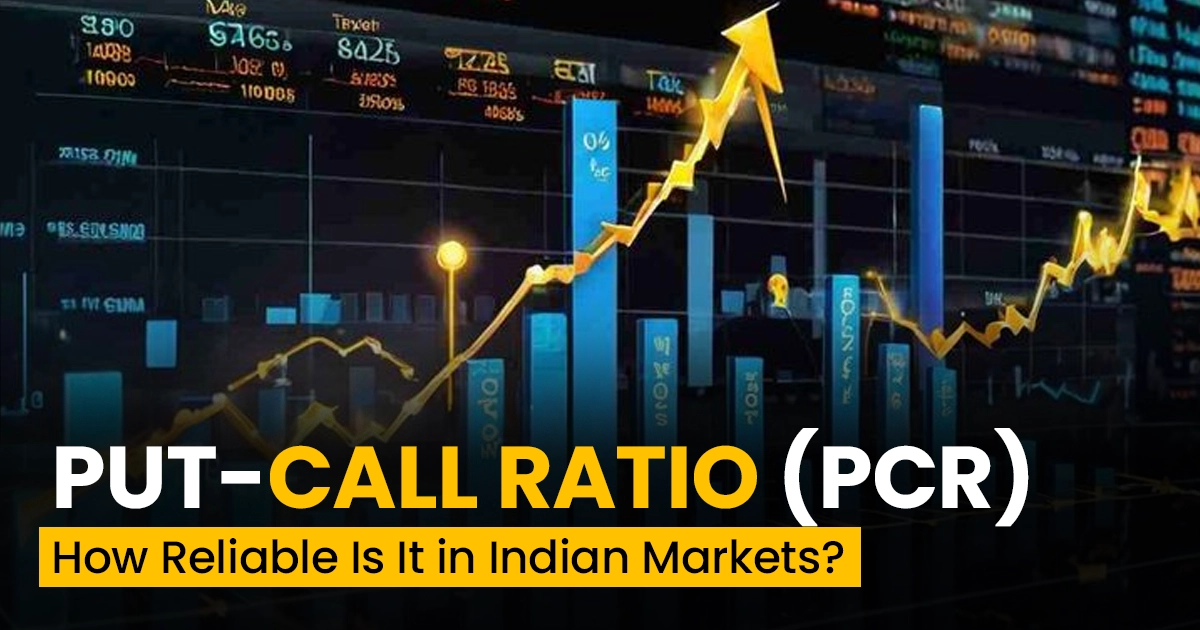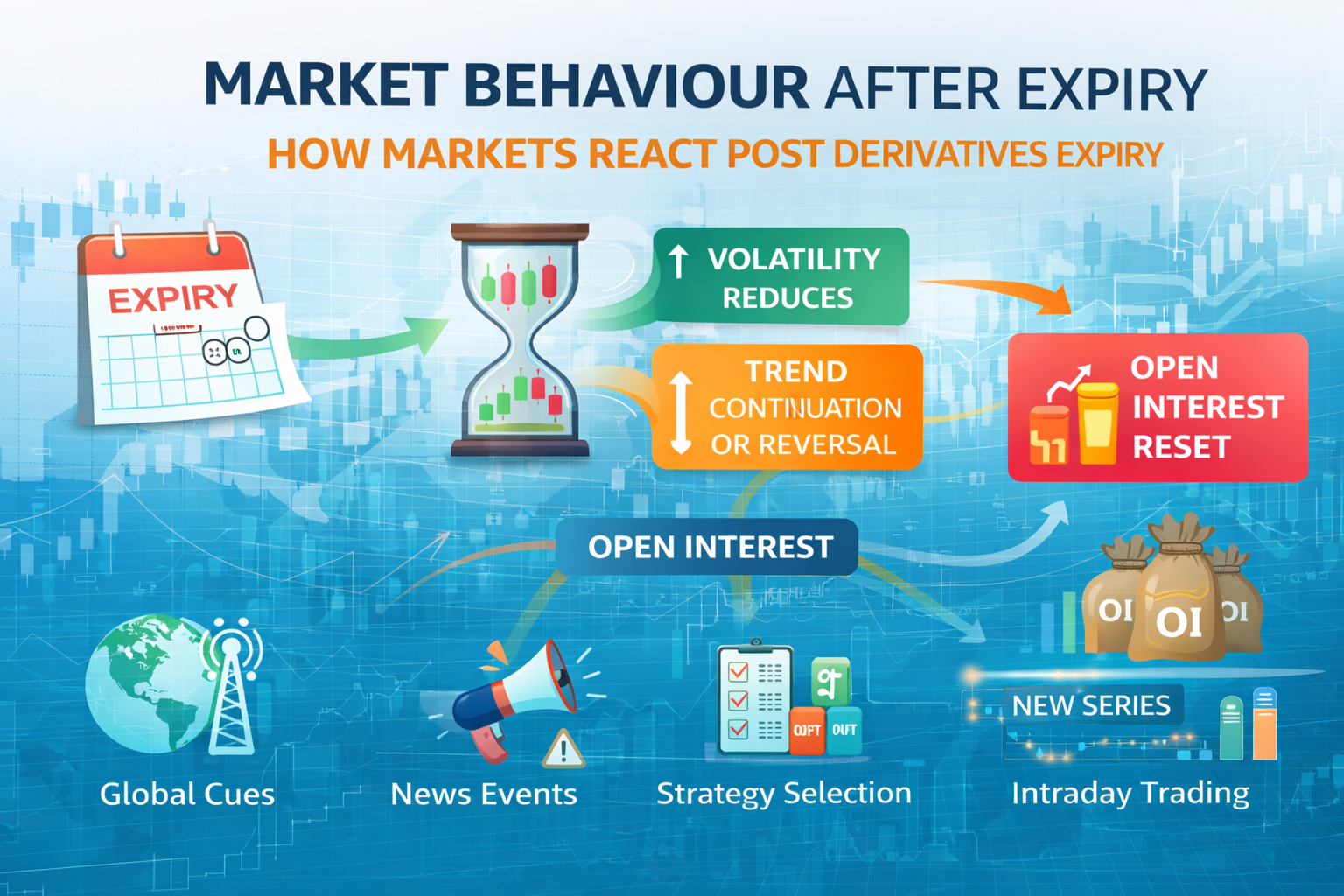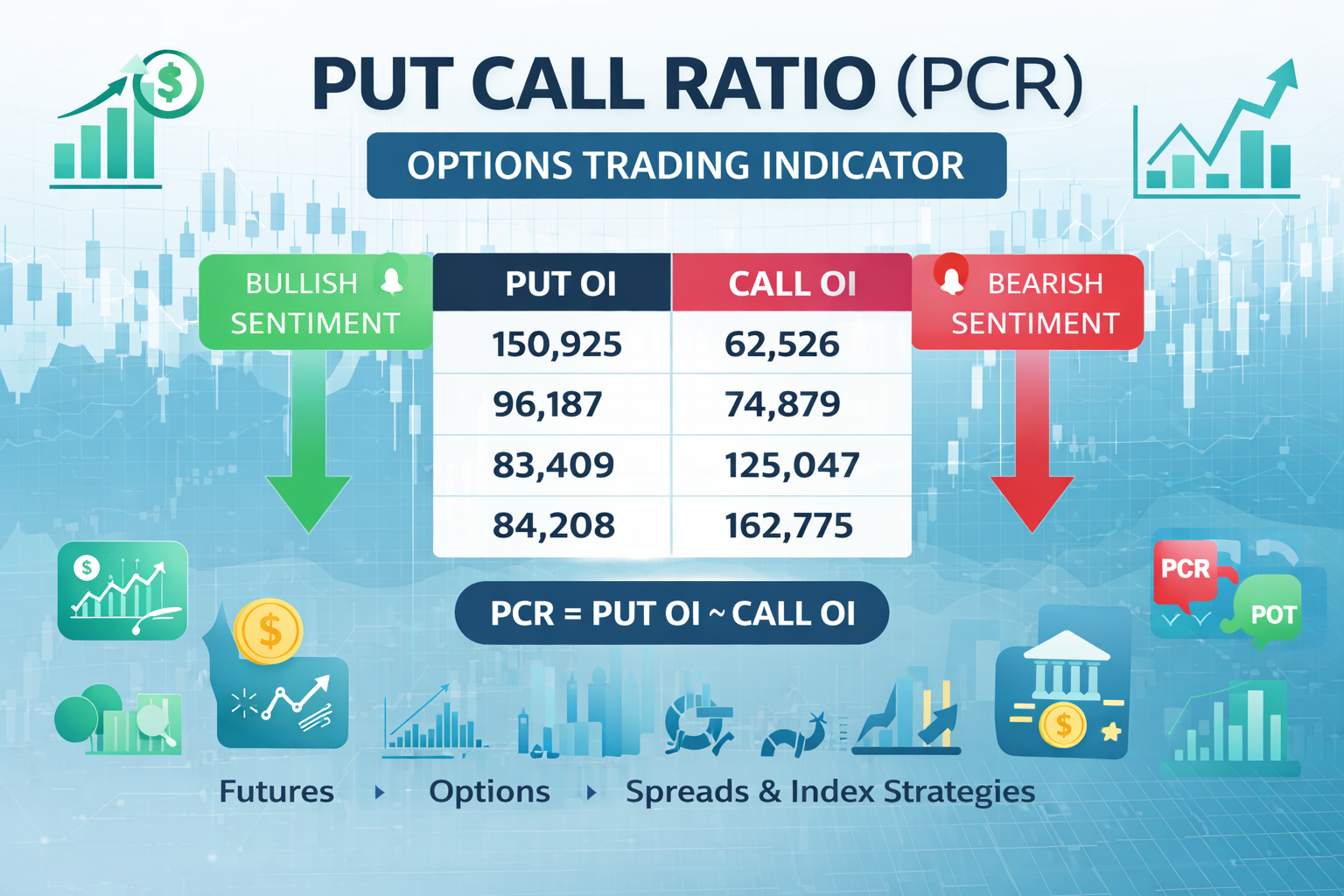Finance contracts are usual for which an asset can be sold or purchased at a future date. There are two most frequently used types of such contracts in India: forwards and futures. These sound very similar but work differently, and this is something very important to learn for anybody who is going to trade or hedge their financial markets.
This article deals with the basics of forward and future contracts, and the differences between them in the Indian financial markets.
What is a Forward Contract?
A forward contract is an over-the-counter or private agreement where two parties agree to buy or sell an asset at a certain price on a future date. Such contracts are often used by firms or individuals to hedge against change in the future prices.
Major Characteristics of Forward Contracts:
- Negotiable: Forward contracts are over-the-counter; therefore, private deals. The terms—such as quantity, price, and settlement date—can be customized to the needs of the buyer and seller.
- No Exchange Involvement: Forwards are not traded on any platform, resulting in lesser regulations and much more flexibility. At the same time, this also involves more risk factors.
- Settlement Risk: A counterparty may fail to honour one of these contracts to settle one of such agreements in forward contracts. Since the contracts are private, there is no such central authority that could ensure the settlement.
- Not Marked to Market: Forwards do not have daily settlement such that profits or losses must be realized when the contract matures.
What is a Futures Contract?
A futures contract is a standardized contract traded on organized exchanges like the National Stock Exchange or the Multi Commodity Exchange. It provides an obligation to the buyer to purchase and to the seller to deliver an asset at a price specified on a future date.
Key Features of Futures Contracts:
- Standardization: Futures contracts are standardized in terms of the number, quality, and date to settle the asset; unlike forwards, all these terms are set by the exchange with no negotiations allowed.
- Exchange-Traded: Futures contracts have to be traded on formal exchanges. This ensures security for the parties involved as the exchange itself acts as an intermediary and guarantees the contract.
- Lower Default Risk: For both parties, the exchange requires that each holder carry a margin -a deposit which ensures the contract can be settled. This is the amount by which either party has to make good their obligations in case either side fails to honor theirs.
- Marked to Market: These futures contracts are marked to market on a day-to-day basis. It simply means gains and losses are calculated on a daily basis, based on the prevailing price of the asset. Thus, huge losses will be attended to the moment they occur, thereby bringing down the level of risk.
Key Difference between Forwards and Futures:
1. Bespoke versus Standard:
- Forward Contracts: It is a customized contract between two parties. Terms and conditions of the contract are designed according to the parties' needs.
- Futures Contracts: Pre-standardized contracts by the exchange which can not be customized in any way.
2. Trading Venue:
- Forward Contracts: OTC and hence not regulated by an exchange.
- Futures Contracts: Traded on formal exchanges like the NSE or the MCX, implying more transparency and regulatory oversight.
3. Risk of Default:
- Forward Contracts: Since there is no intermediary that provides a guarantee for the contract, it has a higher risk of default.
- Futures Contracts: No risk of default because an exchange acts as a kind of guarantor.
4. Settlement Process:
- Forward Contracts: All gains and losses are realized at maturity.
- Futures Contracts: Marked to market every day; profits and losses are settled every day.
Practical Example: How Forwards and Futures are Used:
It can be illustrated with the example of Indian farmer who will harvest wheat six months later. He was concerned that the wheat price is going down and wanted to hedge the price today. There are two possible futures: forward contract with a local miller or futures contract on the MCX.
If he selects a forward contract, the farmer and the miller privately agree on a price today for wheat to be delivered six months down the line. The contract will therefore meet each party's particular need. However, there's a danger that the contract won't be honored in case one of the parties runs into financial difficulties.
If the farmer chooses to enter into a futures contract, that farmer would then enter into standardized agreement on the MCX. The exchange will ensure the contract and thus reduce the risk of default. The margin account will settle daily price changes, so the farmer's position is managed day by day.
Conclusion:
While both forwards and futures contracts will allow businesses and individualized people to hedge against any future price changes, they function based on somewhat different concepts, and with them comes their respective form of risks. Flexibility and custom characterize a forward, but more risk than a futures contract, because it does not have an exchange. Standardization and added security characterize a futures contract due to the existence of an exchange, but it has no customization.
With the variation on the needs of a trader or business, a choice between forward and future contracts may be provided. While both are widely in use throughout India, factors like the degree of risk, a need to have flexibility, and the desire for having standardized terms determine what is appropriate.


